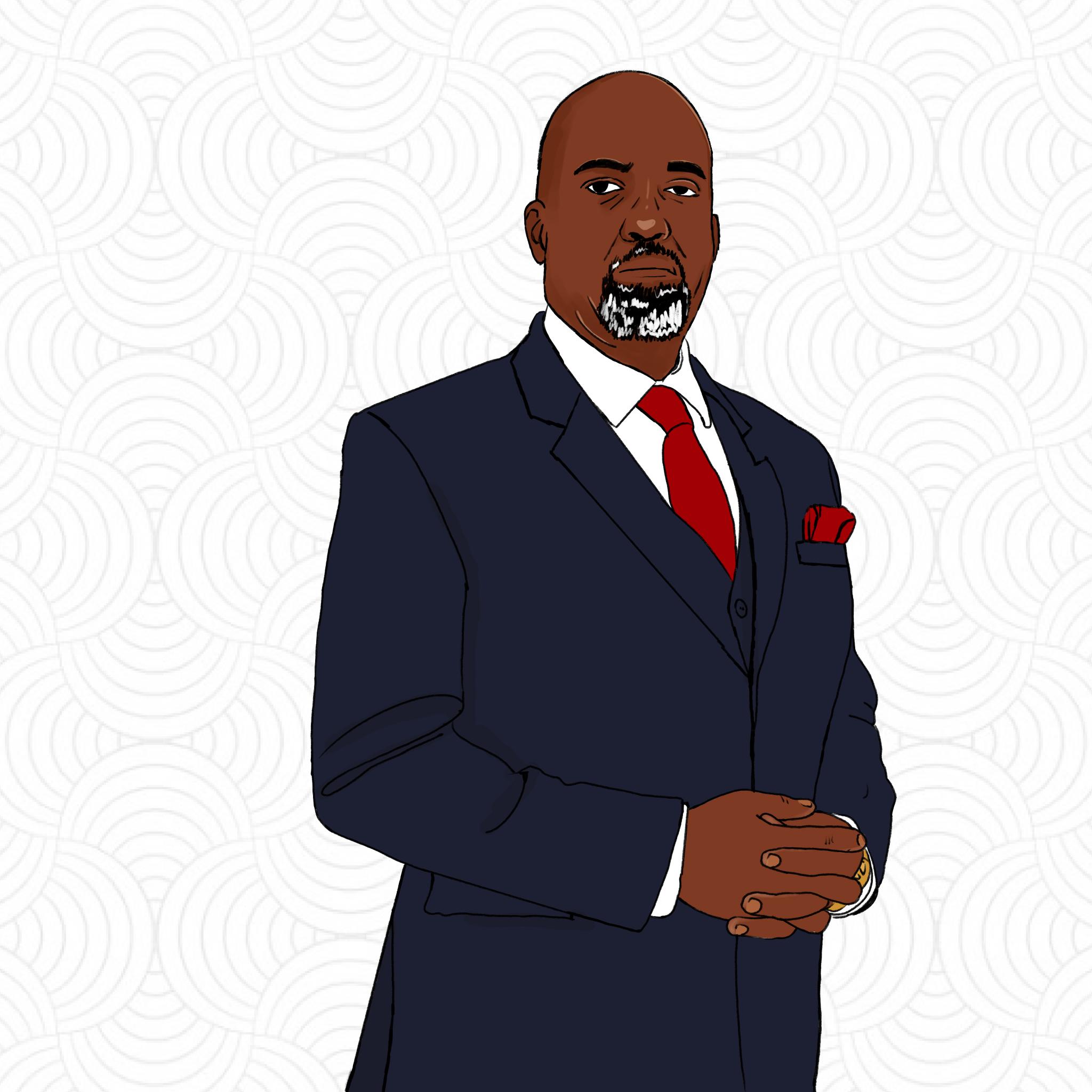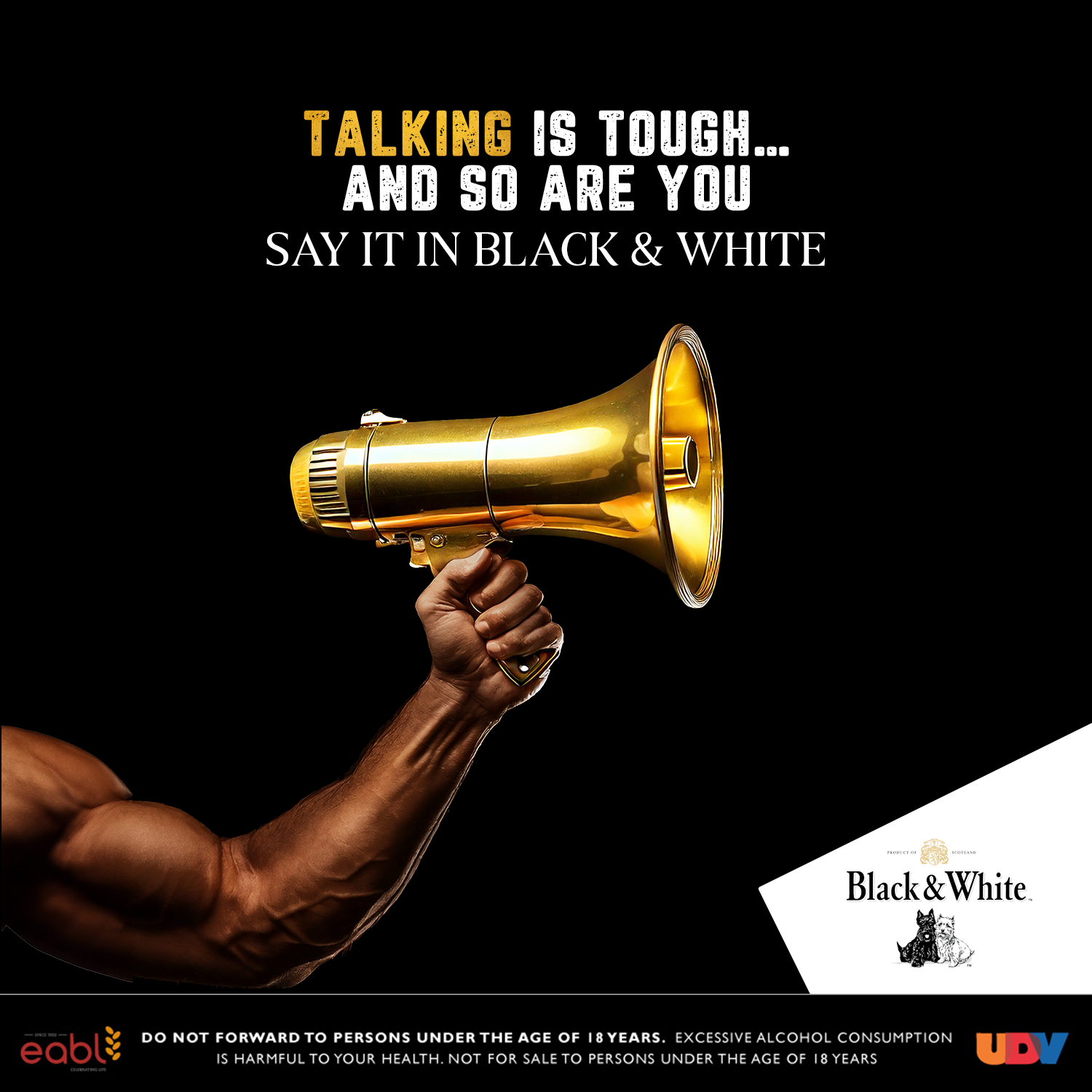

This discussion, about men’s well-being couldn't have
happened at a more fitting moment, than now when we are recognizing the
importance of our mental health.
I often get asked why I'm so passionate about well-being.
The answer lies in my personal journey of coping with depression and anxiety
challenges, which have taught me valuable lessons that can benefit others in
managing their mental health and overall well-being.
Revealing details, about my life and being open allowed me
to share my experiences freely and step into the role of a mental health
advocate who is dedicated to his own well-being while imparting valuable
lessons for others to embrace their mental health and wellness journey too.
Why do we demand strength from men while ignoring their
battles? Society praises male toughness but seldom acknowledges their
vulnerabilities. This puzzling situation has given rise to a hidden crisis that
jeopardizes the mental health of men globally.
It's, about time to question these held beliefs by breaking
down fashioned standards and encouraging honesty to make a positive impact on
people’s lives and reshape the definition of strength for today’s manhood. This
article encourages you to join a dialogue. A call, to action to end the
silence.
Men account for a significant portion of suicides worldwide,
including in Kenya and other countries. According to alarming statistics from
the World Health Organization (WHO), more than 720,000 people die by suicide
each year—equivalent to one death every 40 seconds. Notably, over 75% of these
deaths are men, underscoring a stark gender disparity in suicide rates.
Despite this, men are often reluctant to seek help for their
mental health struggles, which adds to the complexity of addressing this
critical issue.
This difference shows something bigger: how society views guys dealing with feelings is still kind of messed up. This problem is often referred to by specialists as the "silent epidemic." It's almost like it's hiding right there in front of us—hidden under acts of toughness, constant busyness, or habits that folks mistake for personal faults when they’re just cries for help.
Typically, society expects men to be all tough and
unbreakable. You know phrases like "man up" or "boys don’t
cry"? Or “Pambana na hali yako” They really do push this idea that showing
your feelings means you're weak. So it can feel quite overwhelming for men
trying to fit in.
Vulnerability isn’t a weakness; it’s a profound act of
courage and strength. I recall a time in my life when I hit rock bottom. By
opening up to a trusted friend, I discovered the healing power of sharing my
struggles. That moment changed my perspective—and my life. It taught me that
strength lies in acknowledging pain, not ignoring it.
Anyway, by just talking about what I was going through with
someone I trusted, I kind of discovered that there's some real healing magic in
simply letting others into your troubles. And you know what?
That experience completely flipped how I see things—and my entire life along with it. What it showed me is that genuine strength often comes from admitting you've got wounds rather than trying to hide them away.
Lessons from
Unexpected Sources
Some of the most inspiring examples of resilience come from
men who broke the silence. Content creator Terence Creative, Media personality,
Fareed Khimani Actor and performer Elsaphan Njora and many other men have
publicly shared their mental health battles. Their openness challenges
traditional beliefs about masculinity and paves the way for a new understanding
of strength.
These stories and sharing them, show that acknowledging
mental health struggles isn’t a sign of failure—it’s a testament to resilience
and humanity.
Society often stigmatizes men who seek help, branding them
as weak or incapable. This judgment perpetuates a cycle of silence, leaving men
to bear the burden of their struggles alone. The ripple effects touch families,
friendships, and entire communities, costing us more than we realize.
Healing begins with connection. Some men find solace in therapy, others in group discussions, and many through the support of loved ones. Women, too, play a vital role in creating safe spaces for men to express themselves. By fostering open and judgment-free environments, we can break the stigma and build a culture of support.

Call to Men – Say It
Like It Is
Speak Without Shame
To all the men reading this: your struggles don’t define
you, but your response to them does. Start small, jot down your feelings in a
journal, open up to a friend, or schedule a session with a mental health
professional. Speaking up is the first step toward reclaiming your life. As we
do this, being on the other side when another man opens up to you, please be a
safe space for him. When another human being opens up to another, it’s not an
easy thing to do.
Finding Strength in
Brotherhood
Lean on your brothers—friends, colleagues, or community
members. Build networks of mutual support where honesty is valued over
pretense. By leading with vulnerability, you not only help yourself but inspire
others to do the same.
Strength isn’t about suppressing emotions; it’s about facing
them head-on. It’s the courage to fight inner battles and the wisdom to ask for
help. Vulnerability, far from being a flaw, is a gift—it can inspire others,
heal relationships, and create a healthier society.
Challenge the norms. Support the men in your life. And above all, join this movement to redefine masculinity and mental health. Together, we can turn silence into strength.
By Eddy Kimani











